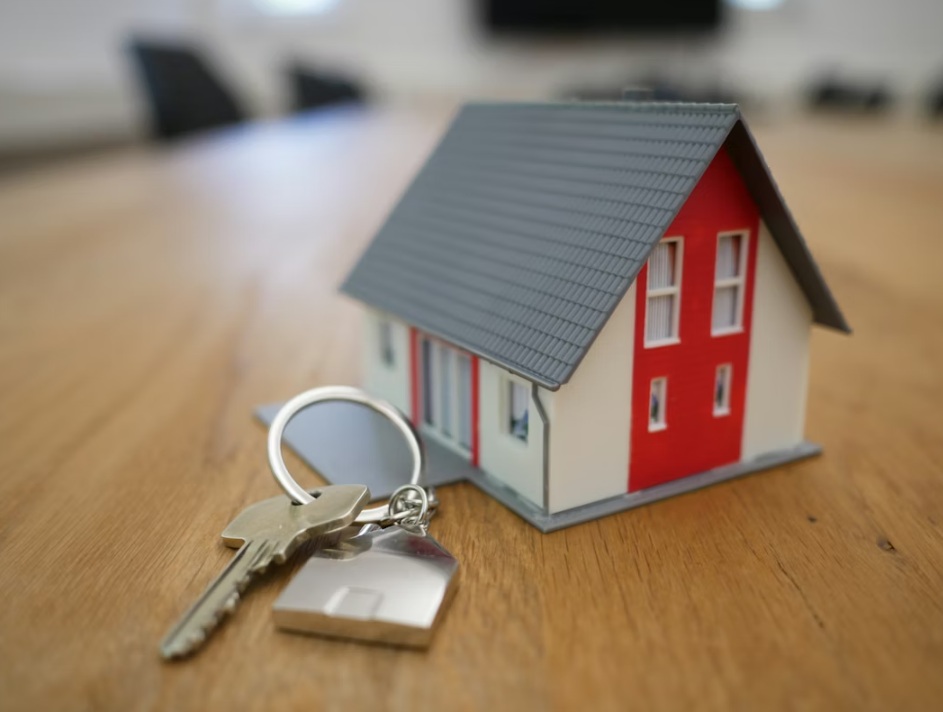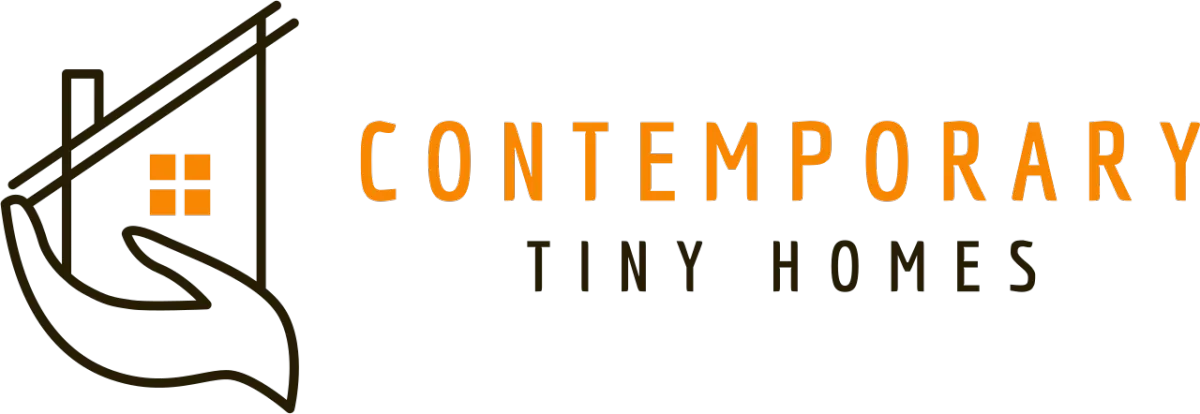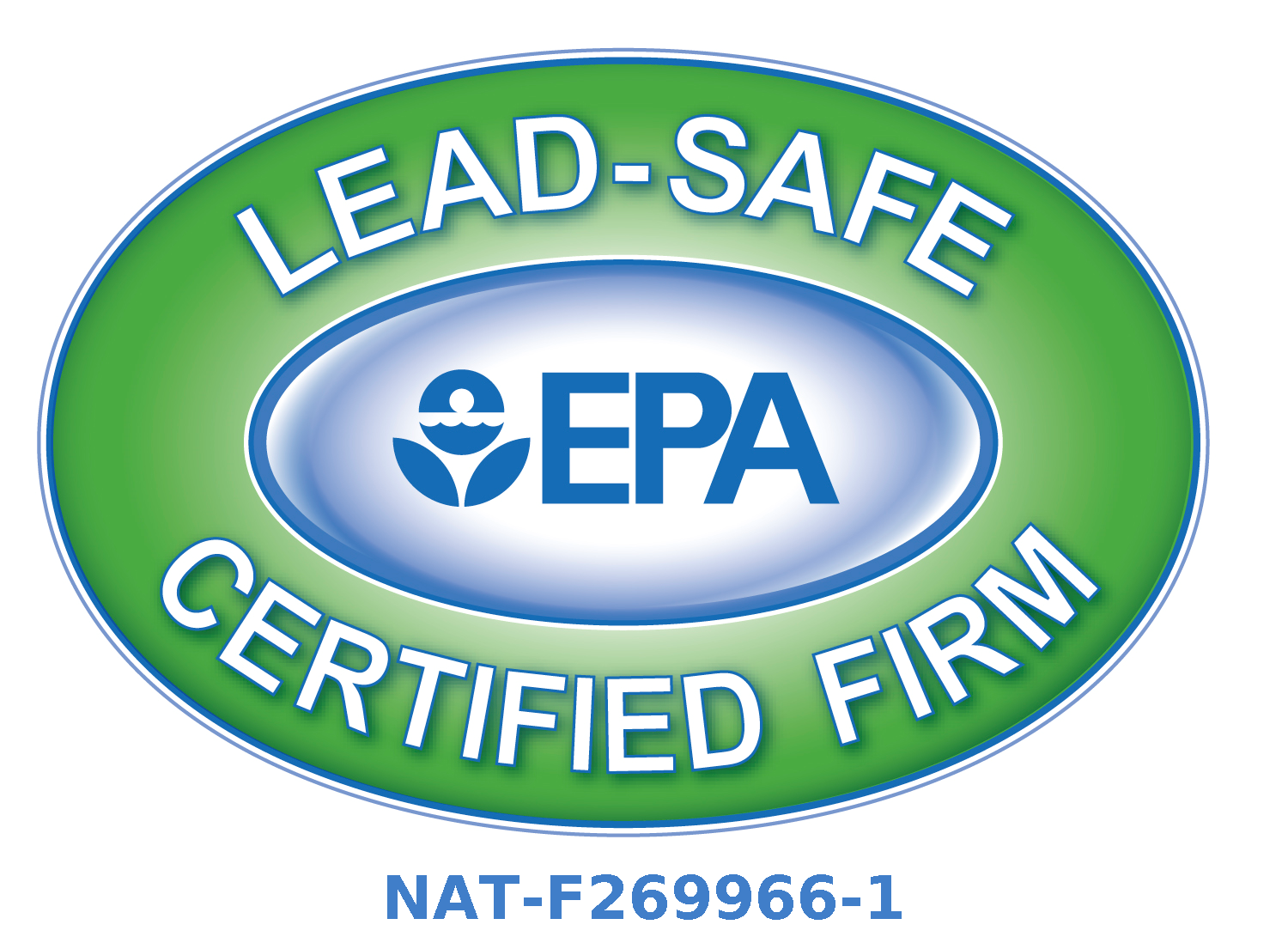Knowledge Center: Your Go-To Resource for ADUs and Tiny Living
Knowledge Center: Your Go-To Resource for ADUs and Tiny Living
Email [email protected]
Phone 860-TINY-HOM (es)

Can an ADU be used as a permanent residence?
ADUs have been gaining notice in recent years as a flexible housing option that can provide additional living space on a residential property. One common question that arises is whether an ADU can be used as a permanent residence.
Let's explore the various aspects of using an ADU as a permanent residence, including zoning regulations, requirements, benefits, challenges, financial considerations, and recommendations. By delving into these factors, individuals considering ADUs for long-term dwelling will gain an understanding of the opportunities associated with this unique housing solution.
Overview of ADUs
ADUs, or Accessory Dwelling Units, are secondary living spaces located on the same property as a primary residence. They come in various forms such as detached structures, converted garages, or additions to existing homes.
In recent years, ADUs have gained popularity as a solution to housing shortages and as a way for homeowners to generate additional income. Many cities have relaxed regulations to encourage ADU construction, leading to a growing trend in their development.
Requirements for Using an ADU as a Permanent Residence
Occupancy Restrictions and Regulations
Some areas have restrictions on who can occupy an ADU, such as family members only or for rental purposes. It's crucial to understand these regulations before designating an ADU as a permanent residence.
Amenities and Utilities
To use an ADU as a permanent residence, it must have essential amenities such as a kitchen, bathroom, and separate entrance. Additionally, utilities like water, electricity, and sewage must be properly connected to the ADU.
Benefits of Living in an ADU
Increased Affordability and Rental Income
Living in an ADU can provide an affordable housing option for homeowners or generate rental income if the ADU is leased out. This additional source of revenue can offset mortgage costs or supplement income.
Privacy and Independence
ADUs offer residents privacy and independence while still being close to family or caretakers in the primary residence. This setup allows for a sense of autonomy while maintaining a connection to the main household.

Financial Implications of ADUs as a Permanent Residence
Cost of Construction and Maintenance
Owning an additional dwelling means additional maintenance and utility costs. Budgeting for these expenses is essential.
Property Value and Rental Income Potential
Adding an ADU can enhance the overall value of your property, making it more attractive to potential buyers. If you choose to rent out the ADU instead of using it as your permanent residence, you can generate additional income, helping to offset mortgage payments or property taxes.
Conclusion
As the demand for affordable and flexible housing options continues to grow, ADUs present a promising solution for those seeking a permanent residence with added benefits. While navigating the regulations and considerations of using an ADU as a primary dwelling may pose challenges, the potential for increased affordability, rental income, and independence make it a compelling choice for many individuals. By carefully evaluating the requirements, financial implications, and real-life examples of ADU living, individuals can make informed decisions about incorporating these structures into their long-term housing plans.
FAQ
Can I use an ADU as my primary residence?
Yes, in many cases, ADUs can be used as permanent residences. However, it is essential to check with local zoning laws and regulations to ensure compliance with occupancy requirements.
What are the benefits of living in an ADU?
Living in an ADU can provide increased affordability, rental income opportunities, privacy, and independence while still being close to the main residence. It can also offer a more sustainable and efficient living arrangement.
What challenges should I consider before using an ADU as a permanent residence?
Some challenges to consider include space limitations, storage issues, potential neighborhood dynamics, and the initial cost of construction and maintenance. It's important to weigh these factors before committing to ADU living.
Are there any financial implications to consider when using an ADU as a primary residence?
Using an ADU as a permanent residence can have financial implications such as the initial cost of construction, ongoing maintenance expenses, potential rental income, and property value changes. It's advisable to carefully evaluate these factors to make an informed decision.

Copyright 2026. All rights reserved. Norwalk, CT
Connecticut's New Home Construction Contractor License: #NHC.0017654
EPA Lead-Safe Certified NAT-F269966-1



